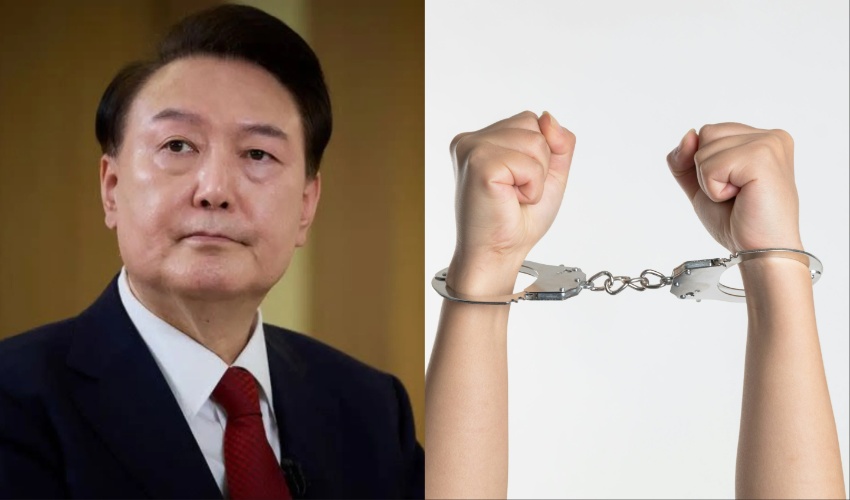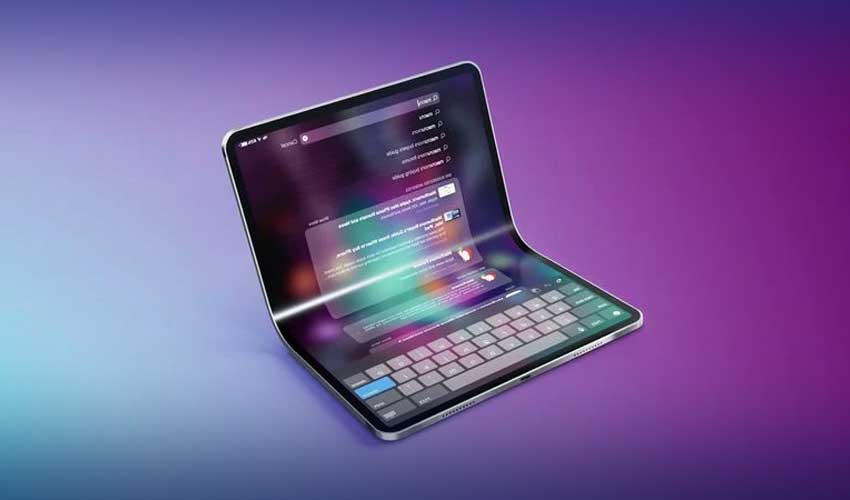A South Korean court has issued an arrest warrant for suspended President Yoon Suk-yeol over his controversial imposition of martial law.
The Seoul Western District Court approved the warrant on Tuesday following a request from the Joint Investigation Headquarters, a body comprising officials from the Corruption Investigation Office for High-ranking Officials (CIO), the police, and the Ministry of Defence. Yoon faces charges of insurrection and abuse of power.
"The arrest warrant and search warrant for President Yoon Suk-yeol, requested by the Joint Investigation Headquarters, were issued this morning," read a statement by the investigation team.
Political and legal turmoil
The issuance of the warrant has further deepened South Korea's political crisis. Yoon, who was impeached by the National Assembly on December 14 in a 204-85 vote, had declared martial law for a brief period on December 3, citing threats from "anti-state forces" and opposition obstructionism. The declaration has drawn sharp criticism and sparked nationwide protests.
Yoon's lawyer, Yun Gap-geun, dismissed the warrant as "illegal and invalid," asserting that the CIO lacks jurisdiction to investigate insurrection charges against a sitting president. Meanwhile, Kwon Sung-dong, the floor leader of Yoon's People’s Power Party, called the court’s decision "inappropriate" and accused opposition lawmakers of orchestrating a political vendetta.
Under South Korean law, sitting presidents are immune from prosecution for most crimes, except in cases involving rebellion or treason. If convicted of insurrection, Yoon could face life imprisonment or even the death penalty.
Security concerns
The timing of Yoon’s potential arrest remains unclear, as authorities are expected to coordinate with the Presidential Security Service. Yoon's security team has previously blocked attempts to execute search warrants at his official residence and the presidential office.
In a statement, the Presidential Security Service said it would handle the warrant in accordance with legal procedures. However, South Korean media have speculated that Yoon's immediate arrest is unlikely.
If taken into custody, investigators will have 48 hours to determine whether to apply for further detention or release him.
Leadership crisis escalates
Adding to the turmoil, the opposition-controlled National Assembly on Friday impeached acting president Han Duck-soo, accusing him of failing to appoint three Constitutional Court justices. Presidential authority has now passed to Deputy Prime Minister and Finance Minister Choi Sang-mok.
The Constitutional Court has six months to decide whether to uphold Yoon’s impeachment. If the court rules against him, Yoon will be permanently removed from office; otherwise, he will be reinstated.
The opposition, led by the Democratic Party, has defended its actions, claiming Yoon's martial law decree violated democratic norms. Yoon, however, has maintained that his decision was lawful and essential to counter alleged threats.



























